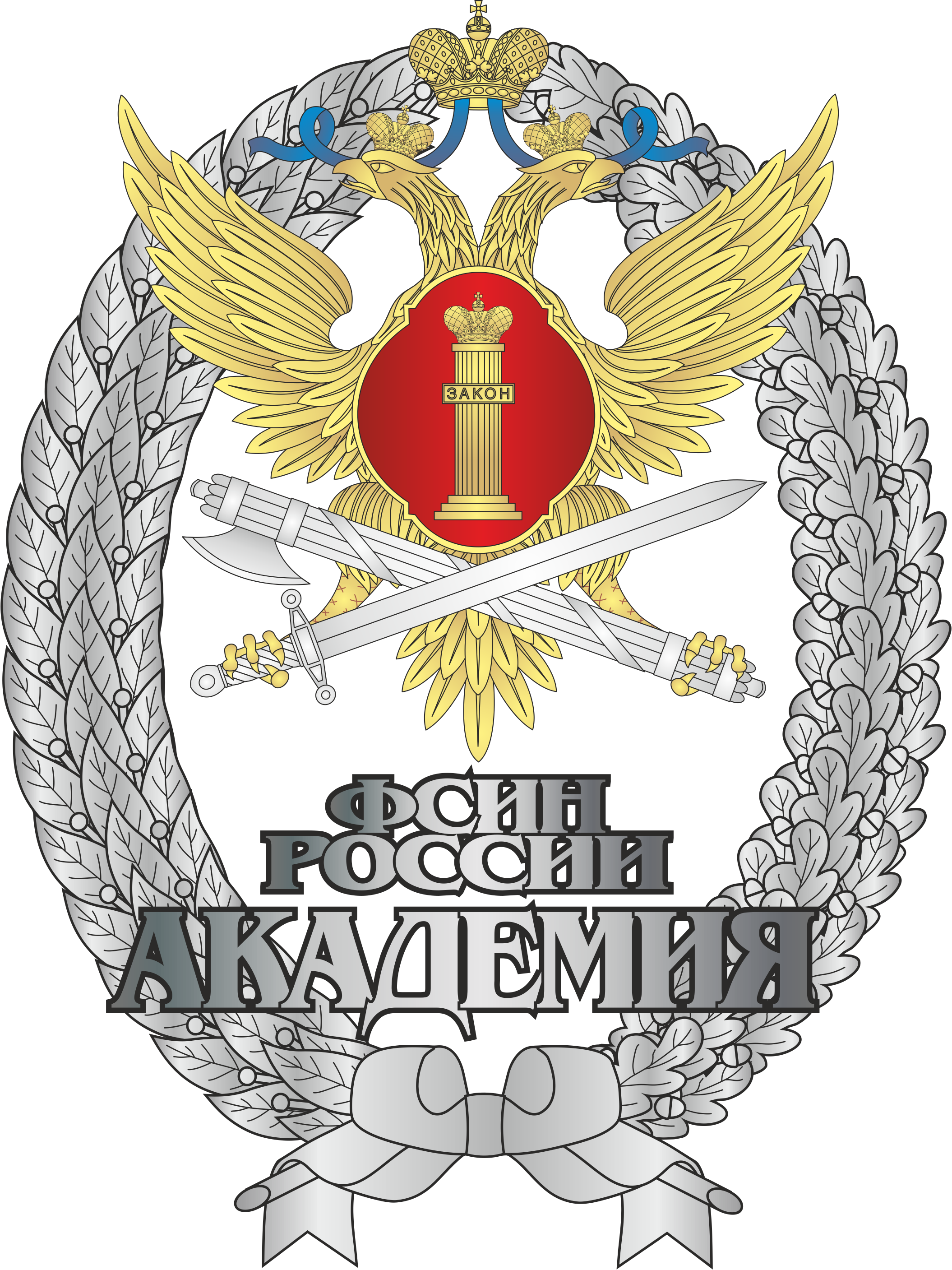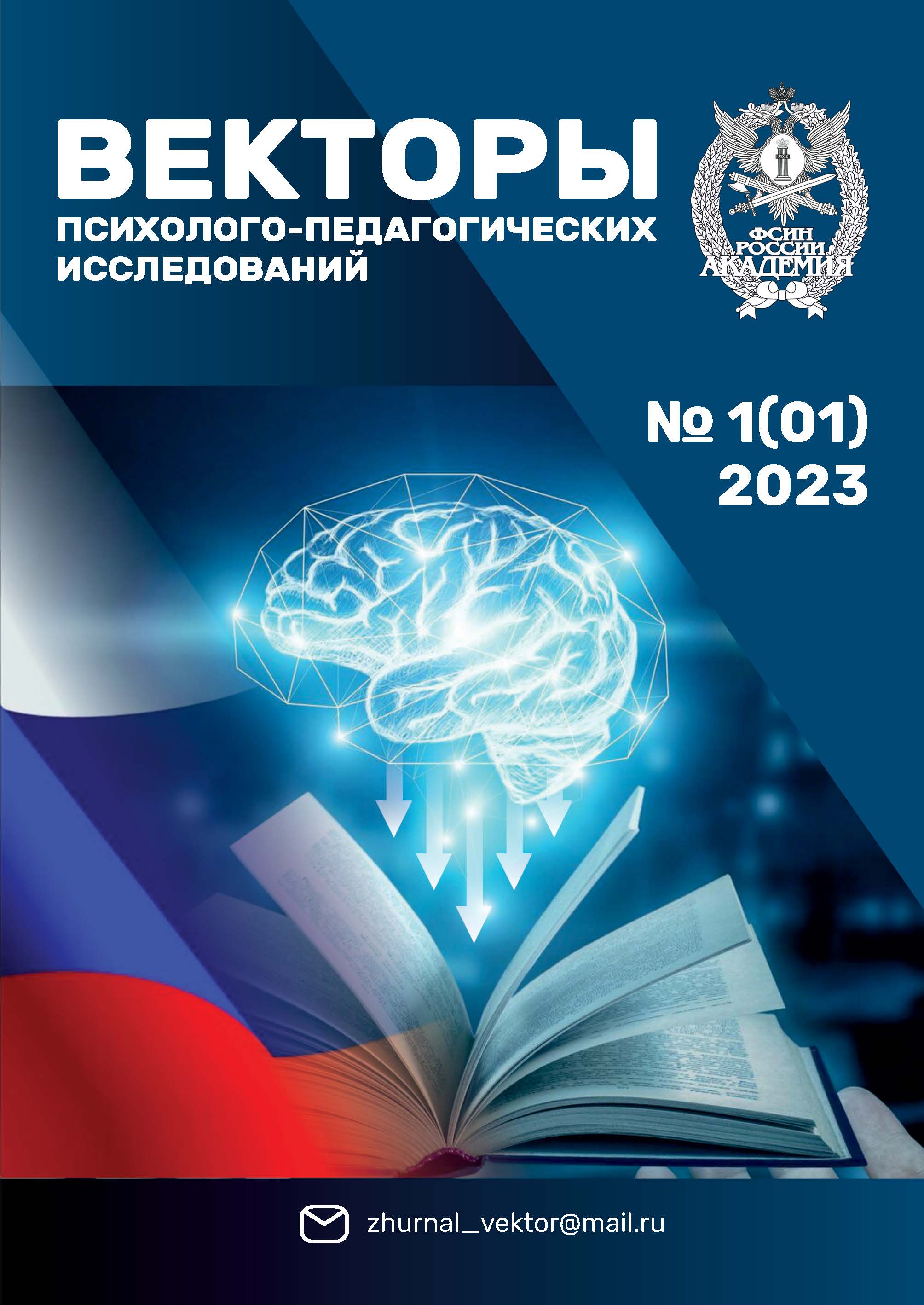Bryansk, Russian Federation
UDC 371.12
The ideas of foreign and domestic scientists about the potential of the teaching profession can be considered as the basis of strategic objectives for the development of modern education. The analysis of the rich heritage of pedagogical science allows us to emphasize its humanistic orientation and promising ideas about the versatile development of personality, which can be considered as the foundation and main source of the functioning of education. The activity of a school teacher is based on the implementation of personality-oriented, activitybased, axiological, dialogical, creative approaches in education, which allows you to organize an original pedagogical process, develop personal creativity, use digitalization, the resources of the dialogical space of education, pedagogical events that stimulate standard and non-standard solutions. The object of research in this article is the professional activity of a modern teacher in the educational system based on traditional and innovative ideas of outstanding researchers of the past and present. The purpose of the study is to identify and scientifically substantiate the theoretical foundations of the pedagogical activity of a modern teacher.
pedagogical mission, teacher, types of teacher, qualities of a modern teacher, moral and spiritual potential of teaching work
1. Antjuhov, A. V., Astashova, N. A. & Bondyreva, S. K. 2020, ‘The style of pedagogical activity and the organization of the educational process’, in A.V. Antyukhov, S. K. Bondyreva (eds), Training a professional of the XXI century: theoretical searches and effective practices: monograph, pp. 39-53, MPSU, RIO BGU, Moscow, Brjansk.
2. Astashova, N. A. & Astashov, N. A. 2001, Introduction to teaching activities: a textbook, BGPU, Brjansk.
3. Astashova, N. A. 2014, ‘The axiological potential of K. D. Ushinsky's legacy as a condition for the training of a modern teacher’, Psychological and pedagogical search, iss. 2(30), pp. 107-117.
4. Astashov, N. A. 2013, ‘On the issue of the actual reading of the fundamentals of the pedagogical concept of K. D. Ushinsky’, in N. A. Astashov (comp.), Astashov N. A. Selected works: monograph, scientific articles, poems, pp. 170-172, Desjatochka, Brjansk.
5. Klimov, E. A. 2004, Introduction to Labor Psychology: textbook, 2nd edn, Academy, Moscow.
6. Klarin, V. M. & Dzhurinskij, A. N. (comp.) 1989, Comensky Ya. A., Locke D., Rousseau Zh.-Zh., Pestalozzi I. G. Pedagogical knowledge, Pedagogy, Moscow.
7. Kostjashkin, Je. 1981, ‘Four types of teachers’, Public Education, iss. 8.
8. Markova, A. K. 1993, Psychology of teacher's work, Education, Moscow.
9. Mitina, L. M. 1994, Teacher as a person and a professional (psychological problems), Delo, Moscow.
10. Rubinshtejn, M. M. 2004, Teacher's Problem: textbook, Academy, Moscow.
11. Ushinskij K. D. 2005, About the moral element in Russian education, Ushinskij K. D. Selected works, E. D. Dneprov (comp.), in 4 vols, vol 1, Problems of pedagogy, pp. 191-239, Drofa, Moscow.
12. ‘Ushinskij K. D. About the benefits of pedagogical literature’ 2005, in Je. D. Dneprov (comp.), Ushinskij K. D. Selected works, in 4 vols, vol. 1, Problems of pedagogy, pp. 12-32, Drofa, Moscow.
13. ‘Ushinskij K. D. Native word (a book for students)’ 2005, in Je. D. Dneprov (comp.), Ushinskij K. D. Selected works, in 4 vols, vol. 2, Russian School, pp. 227-301, Drofa, Moscow.
14. ‘Ushinskij K. D. A person as an object of education. The experience of pedagogical anthropology’, 2005, in Je. D. Dneprov (comp.), Ushinskij K. D. Selected works, in 4 vols, vol. 3, Man as a subject of education, The experience of pedagogical anthropology, pp. 7-314, Drofa, Moscow.
15. Juzefavichus, T. A. 1998, Pedagogical mistakes of teachers and ways to prevent them, MPU, Moscow.









